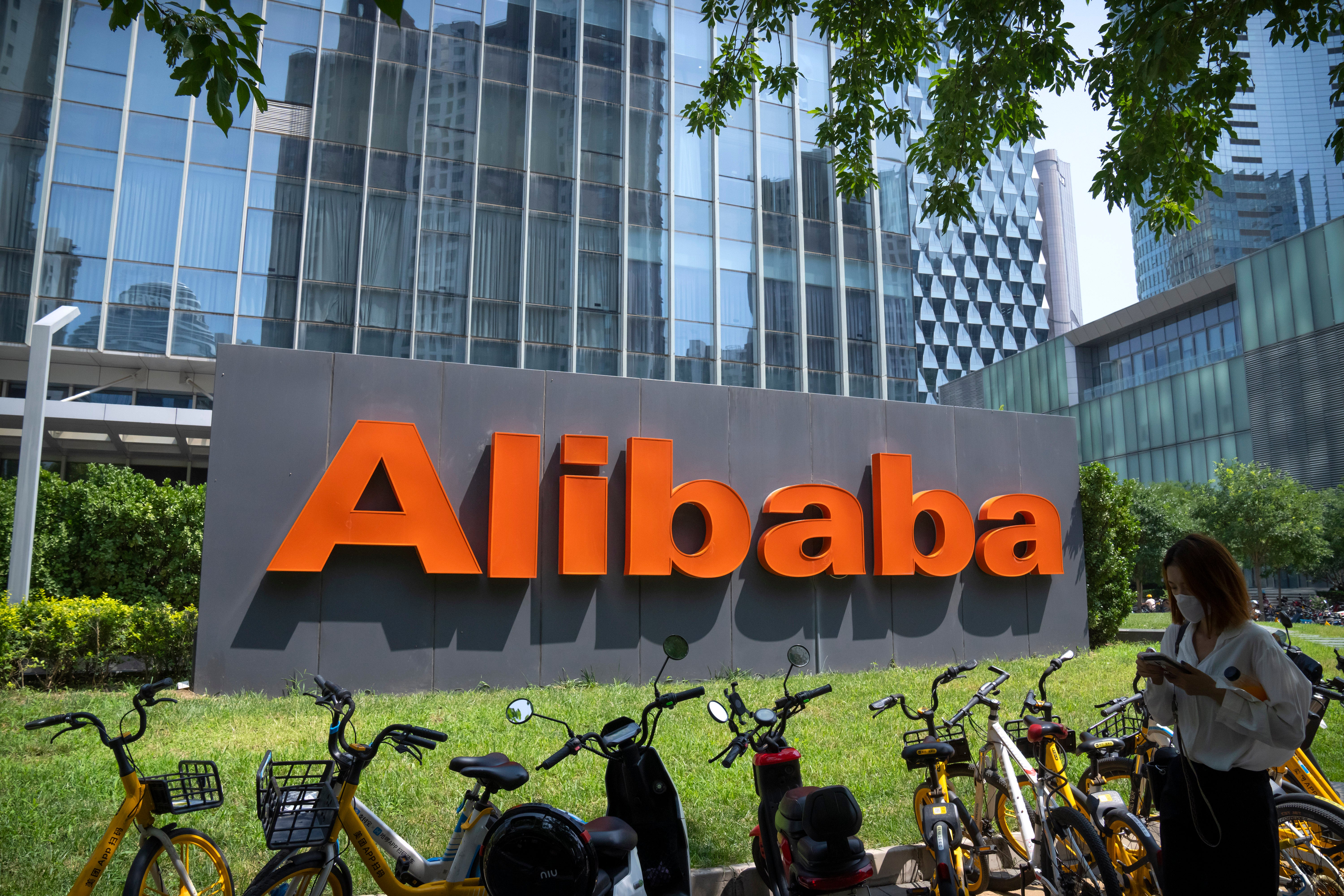China's Alibaba names CEO Eddie Wu to head its e-commerce business as its growth falters
China's Alibaba Group says its CEO Eddie Wu will head its core e-commerce business, as the company seeks to drive growth and fend off fast-growing online shopping rivals like Pinduoduo

Your support helps us to tell the story
From reproductive rights to climate change to Big Tech, The Independent is on the ground when the story is developing. Whether it's investigating the financials of Elon Musk's pro-Trump PAC or producing our latest documentary, 'The A Word', which shines a light on the American women fighting for reproductive rights, we know how important it is to parse out the facts from the messaging.
At such a critical moment in US history, we need reporters on the ground. Your donation allows us to keep sending journalists to speak to both sides of the story.
The Independent is trusted by Americans across the entire political spectrum. And unlike many other quality news outlets, we choose not to lock Americans out of our reporting and analysis with paywalls. We believe quality journalism should be available to everyone, paid for by those who can afford it.
Your support makes all the difference.China's Alibaba Group says its CEO Eddie Wu will head its core e-commerce business, as the company seeks to drive growth and fend off fast-growing online shopping rivals like Pinduoduo.
Wu is replacing Trudy Dai, a longtime Alibaba executive who was one of the founding employees of the company.
Alibaba’s chairman Joe Tsai said in an internal letter dated Wednesday that Dai will help set up an asset management company aimed at improving returns on capital and “enhance shareholder value.”
The reshuffle came after PDD Holdings Inc., which operates online shopping platform Pinduoduo and U.S.-focused e-commerce site Temu, surpassed Alibaba in market value in the past month.
As of Tuesday, PDD’s market capitalization of its U.S.-listed stock was $199.41 billion. Alibaba’s was $191.75 billion.
Alibaba founder Jack Ma earlier this month praised PDD for having managed to grow bigger than his Hangzhou-based company, which had for years been China’s biggest e-commerce player.
Alibaba needs a “brand-new strategy” and a change in the firm’s organizational principles and systems to a “brand new environment,” Tsai said in his letter.
Alibaba’s Hong Kong-listed stock rose 3.5% in trading Wednesday following the announcement.
The company restructured its businesses in March, splitting them into six units that would eventually raise their own capital and go public. Its cloud unit had been expected to be among the first to hold an initial public offering, but Alibaba later scrapped plans to spin-off the business, citing uncertainties over U.S. export curbs on advanced chips used for artificial intelligence.